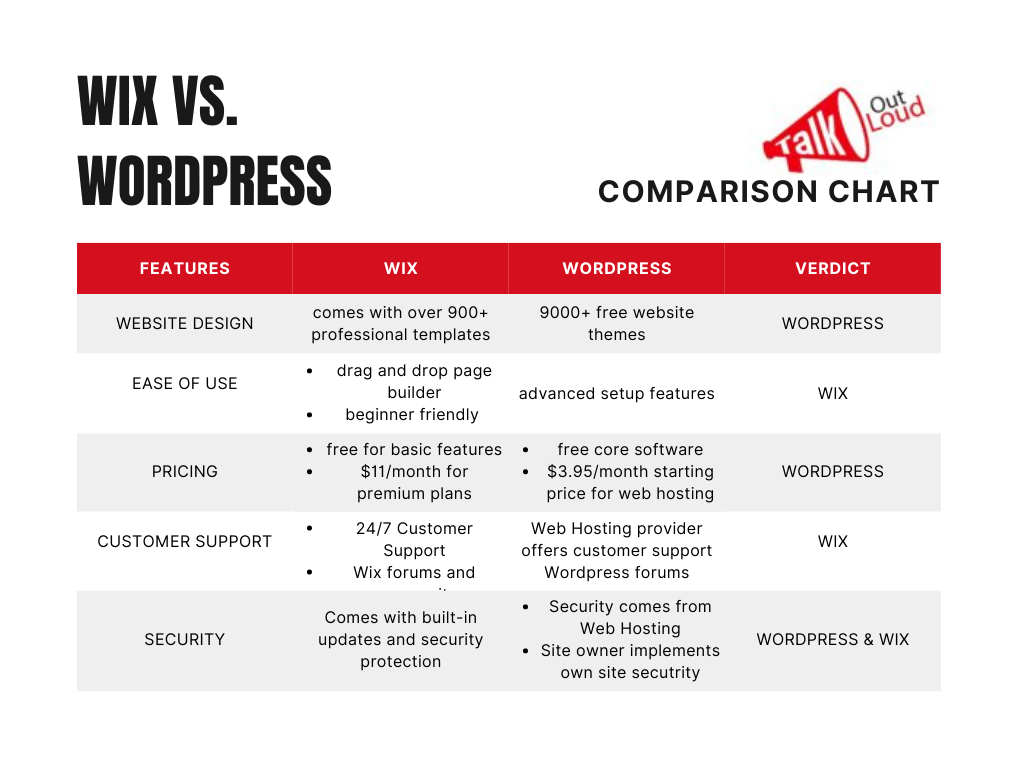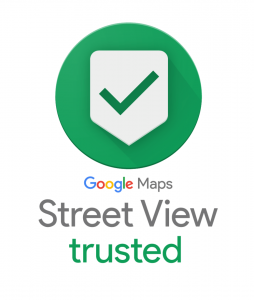Wix and WordPress are among the most popular and well-known website builder platforms for every business online. With these two platforms, your business gets to have the opportunity to reach and connect with the right market.
As we all know, having a website is an essential part of digital marketing – especially in search engine optimization (SEO). In fact, the platform you will choose will have a huge impact on how well your SEO strategy will perform.
So how will you know which one works best for your business website’s SEO? Throughout this blog post, we will look at the pros and cons of each platform, as well as how they affect SEO capabilities.
Understanding Wix
If you are a beginner in website building, Wix is among the known platforms that allow you to build a professional looking ready-made website. The platforms are over 900+ pre-made layouts that you can use to immediately get started with your venture.
But aside from its convenience, Wix also offers various tools and features that highlight SEO. It is a huge improvement for the platform instead of requiring third-party plugins to enhance the functionality of their websites.

Among these features include the following:
- Automated Optimizations
- Image Sitemaps
- Automatic 301 redirect
- Site Inspection Tool
- Site Speed Dashboard
- Customizable Structured Data Markup
- URL Structure Customization
- SEMRush Keyword Research Integration
- Deepcrawl
These are all the good things that Wix can offer for your business, but of course, just like any other platform it also has its own set of flaws. And these are:
- Too much code bloat
- Users cannot export their sites
- Lacks technical SEO
- Unusual Link structure
Understanding WordPress
WordPress is among the first things people think of when it comes to website builder platforms. It is no doubt that it is one of today’s popular and widely used content management systems for a lot of businesses.
This platform having millions of users is also an advantage as you can get help from their forums whenever you need it.
What’s even great about WordPress is that using its basic features is complete. However, they do charge for advanced features and site plugins that will further allow you to perform different tasks such as SEO.

So, what are its SEO features that you can use? Besides the different plugins to help make your site more SEO-friendly, there are actually a lot of other advanced features. Here are some of them:
- Auto-Generated XML Sitemaps
- WordPress AMP Integration
- Content Delivery Network
- Image File Optimization
- WordPress Link Assistant
- Social Media Integration
- Google Analytics Integration
- Auto-installed SSL Certificates
Undeniably, WordPress is a great platform overall. However, it is not perfect. This platform also has a few drawbacks. Listed below are some of them.
- Constant updates for theme and plugins
- SEO plugins can impact each other
- No drag-and-drop page builder plugins
Before we get into the last part of this blog post, there are also other deciding factors that you may want to consider besides SEO. For instance, you may want to consider ease of use, pricing, and customer support.
What we are trying to say is this:

Our Verdict
To be honest, both platforms are a great start for any small business. Especially if you are only looking for the basic fundamentals of SEO like:
- Title Tags
- Meta Descriptions
- Alt Tags
- 301 Redirect
- No Index Tags
- Mobile Friendly
Anyone who wants to start a small blog is highly recommended to use Wix. Besides having everything you need, its ease of use and pre-made website designs is unmatched.
However, if you are aiming to achieve great results efficiently and wanted more control over your website – we have to give it to WordPress. The powerful features that the platform offers are excellent matches. This platform will work well for those looking to venture into providing various products and services online.
A study conducted by Ahrefs on 6.4 websites found that WordPress websites receive over 417.17 organic search traffic, while Wix sites receive only 8.42. Furthermore, 46.1 % of WordPress websites receive organic search traffic and only 4.1% of Wix sites do.
Bottomline, flexibility and getting advanced features actually matters for businesses that wanted to keep up with the competition. And between these two platforms, WordPress could definitely deliver your needs the most.
Still can’t decide which platform you should use for your business? You may need help from a digital marketing agency in Portland.
Here at Talk Out Loud, we continue to improve our services to offer highly competitive services. Our team tailors a streamlined digital marketing strategy with the goal of growing and scaling our client’s business.
If you want to learn more about our digital marketing services, feel free to visit our website or reach out by booking an appointment here or calling (800) 773-0029.






